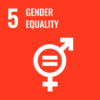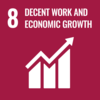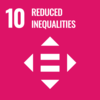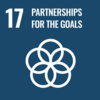Around 40% of our population belongs to disadvantaged communities which represents 22.85% ST and 17.13% SC. In Odisha there are 62 tribal communities out of which 13 are primitive tribes which are categorized as “Particularly vulnerable tribal groups”. Many tribal areas characteristically suffer from inaccessibility making the region rather excluded but are beset with the strength of a separate social identity of its population that is predominantly inhabited by tribals.
These areas suffer from geographical isolation, difficult terrain, poor connectivity, low social and economic development, and lack of local level employment opportunities. The youth face major challenges like child marriage, teenage pregnancies, and low awareness on sexual and reproductive health issues, discontinue education, engage in menial livelihoods, or migrate to other places as unskilled laborers and as a result inhibits economic development and causes a sense of relative deprivation among the population.
Special interventions are planned for penetrating appropriate knowledge and skills in such areas, thus contributing towards harmonious development through Mission Uday. The prime objective of the Mission Uday is to build capacities of youth volunteers from the conflict inflicted districts and build them as change makers. These change makers can influence their peers in the community; make them aware about the schemes and programmes of government which can provide them with opportunities of decent livelihood; and generate awareness regarding core life skills and bringing the youth to the mainstream of society.
A really inspiring and well thought through project, clearly scalable and social benefits are really clear and aligned with tackling some of the most challenging of the SDG's.
"Winning this global green award means that our institution has been recognized for its commitment to sustainability and its efforts to reduce its environmental impact. It signifies that the university has taken significant steps to promote sustainability both on campus and in the broader community."
Professor Deepak Kumar Behra, Vice Chancellor, KISS DU



